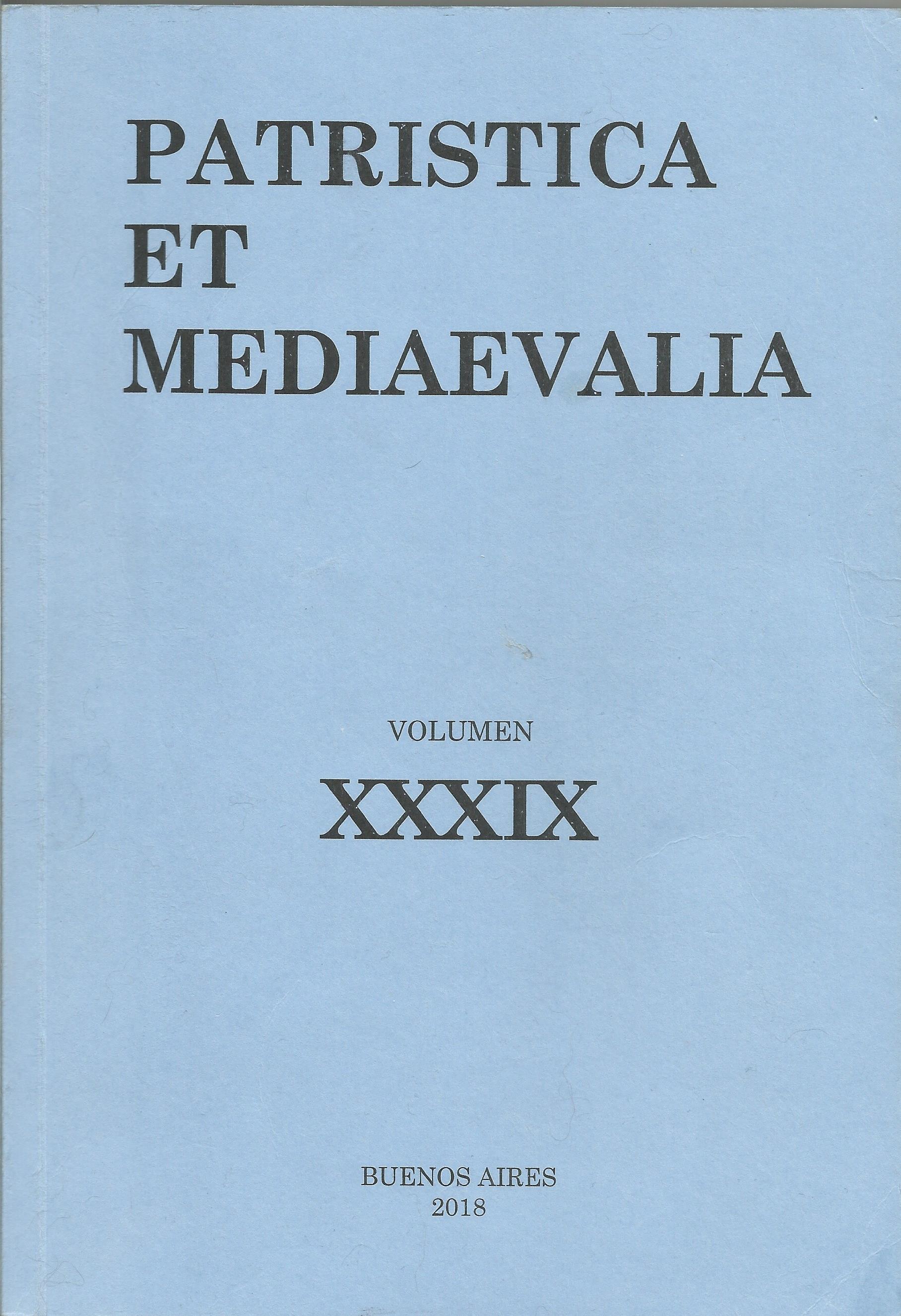Derecho, propiedad privada y uso en el 'Opus Nonaginta Dierum' de Guillermo de Ockham
Resumen
Este artículo presenta la teoría ockhamista de la propiedad como respuesta a Juan XXII en el contexto de la disputa sobre la pobreza. En primer lugar, analizamos la doctrina de Juan sobre la propiedad como un derecho absoluto de origen divino, lo que significa que es ilícito separar la propiedad del uso de los bienes de consumo. En segundo lugar, describimos las variedades de usus que define Ockham junto con el concepto de ius. Como un derecho ex iure positivo, la propiedad alcanza sus límites en los casos de extrema necessitas.Descargas
Citas
Brett, A. (2006). Scholastic Political Thought and the Modern Concept of the State. En A. Brett. A, Tully, J. & Hamilton-Bleakley, H. (eds.). Rethinking the Foundations of Modern Political Thought. Cambridge: Cambridge University Press.
Burr, D. (2001). The spiritual Franciscans: from Protest to Persecution in the Century after Saint Francis. Pennsylvania: Penn State University Press.
Coleman, J. (1988). Property and Poverty. En Burns, J.H (ed). The Cambridge History of Medieval Political Thought c. 350-c. 1450. Cambridge: Cambridge University Press.
Coleman, J. (2000). A History of Political Thought: From the Middle Ages to the Renaissance. Oxford: Willey-Blackwell.
Fernández, C. (2002). Facilidad y legalidad en la teoría ockhamista de la propiedad. Patristica et Mediiaevalia XXIII, 65-101
Garnsey, P. (2007). Thinking about property. From Antiquity to the Age of Revolution. Cambridge: Cambridge University Press.
Kileullen, J. (1999). The Political Writings. En Spade, V. (Ed). The Cambridge Companion to Ockham. Cambridge: Cambridge University Press, 302-325.
Lagarde, G. (1962). La naissance de l’esprit laïque au déclin du Moyen Age. IV: Guillaume d’Ockham: défense de l’empire. Levain-Paris: Persée.
Mäkinen, V. (2006). Rights and Duties in Late Scholastic Discussion on Extreme Necessity. En Mäkinen, V. & Korkman, P. (Eds). Transformations in Medieval and Early-Modern Rights Discourse. Netherlands: Springer.
McGrade, A. (1974). The Political Thought of William Ockham. New York: Cambridge University Press.
Moorman, J. (1968). The Franciscan Order. From its origins to the year 1517. Oxford: Oxford University Press.
Peña Eguren, E. (2005). La filosofía política de Guillermo de Ockham. Madrid: Encuentro.
Robinson, J. (2010). William of Ockham’s Early Theory of Property Rights: Sources, Texts, and Contexts. A thesis submitted in conformity with the requirements for the degree of Doctor of Philosophy. Centre for Medieval Studies, University of Toronto.
Robson, M. (2006). The Franciscans in the Middle Ages, Suffolk: Boydell Press.
Shogimen, T. (2007). Ockham and Political Discourse in the Late Middle Ages. Cambridge: Cambridge University Press.
Skinner, Q. (1978). The Foundations of Modern Political Thought. Vol 2 The Age of Reformation. Cambridge: Cambridge University Press.
Van Duffel, S. & Robinson, J. (2010). Ockham’s Theory of Natural Rights. Toronto.
Villey, M. (2013). La formation de la pensée juridique moderne. Paris: Presses Universitaires de France.
1. Los/as autores/as que publiquen en esta revista aceptan las siguientes condiciones:
-
Conservan los derechos de autor/a y ceden a la revista el derecho de la primera publicación, con el trabajo registrado con Licencia Atribución-CompartirIgual 4.0 Internacional, que permite a terceros utilizar lo publicado siempre que mencionen la autoría del trabajo y a la primera publicación en esta revista.
-
Pueden realizar otros acuerdos contractuales independientes y adicionales para la distribución no exclusiva de la versión del artículo publicado en esta revista (p. ej., incluirlo en un repositorio institucional o publicarlo en un libro) siempre que indiquen claramente que el trabajo se publicó por primera vez en esta revista.
-
Tienen permitido y se les recomienda publicar su trabajo en Internet (por ejemplo en páginas institucionales o personales).
2. Condiciones de auto-archivo. Se permite y se anima a los/as autores/as a difundir electrónicas la versión post-print de sus obras ya que favorece su circulación y difusión y con ello un posible aumento en su citación y alcance entre la comunidad académica. Color RoMEO: azul.













